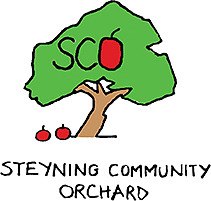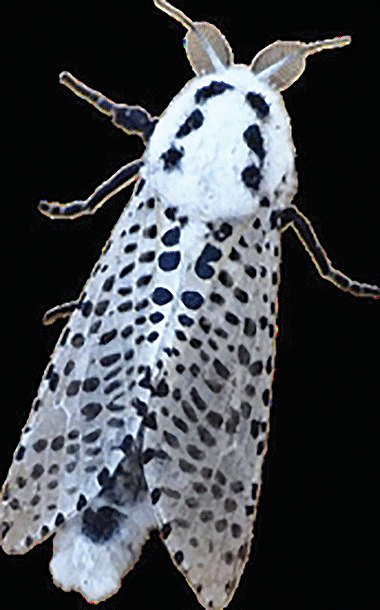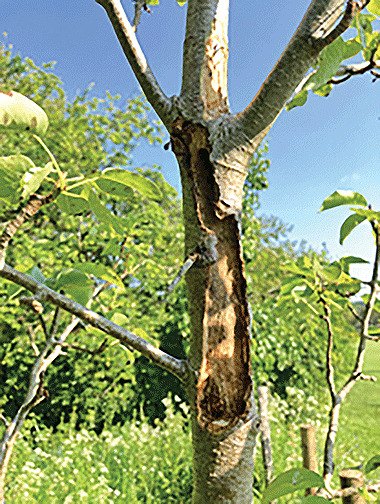
Steyning Community Orchard. July 2024
Community Orchards are not just about fruit trees! There is so much more to them than that.Firstly (and obvious from the title) is the participation and involvement of the local community. We are lucky to have had huge support for our group since its inception 10 years ago. Our events such as Apple Days and Wassails have been a great success. We have over 350 subscribers to our email Newsletter (drop us an email if you’d like to be added to the list) and 700 Facebook followers. In addition, over 50 local people and families have donated a tree to our orchards, with more still on a waiting list to get one.
The ‘Community’ is also enjoying scrumping the fruit from the orchards, as we get to see very little of the fruit as yet! Hopefully as the trees continue to grow and mature, there will be enough for everyone.
Then there is the benefit that a developing orchard brings to the environment and biodiversity. Traditional Orchards are a UK Biodiversity Action Plan designated habitat, and have declined alarmingly. But Community Orchards such as ours across the country, are helping to arrest that decline by planting heritage variety fruit trees on standard rootstocks that will grow and develop huge biodiversity as they mature. This will include butterflies, bumblebees, bird, bats, invertebrates and fungi.
We welcome more biodiversity of course, but sometimes, it is not quite so welcome.
A spectacular moth visited us, probably in 2022, and laid its egg on one of our pear trees. It was a Leopard Moth (see pic). The egg hatched and for 2 years the larva ate and grew inside the tree, before emerging this spring as a fat 2inch long caterpillar, leaving the carnage you can see in the picture! (We cleaned out the cavity to assess the damage. Only a small brown hole was visible at first).


It looks as though this tree will survive, as it has not completely ring-barked the tree. We were not so lucky back in 2019 when a similar attack on a smaller tree did kill it. So we have to accept that we have this moth in the orchard, and can expect more damage in future. We may just be unlucky (or lucky - depending on your point of view) as this moth is described as uncommon.
Every year, the new shoots of many of the fruit trees get attacked by greenfly. The major culprit is the Rosy Apple aphid, which is not quite as cute as its name, as it causes new leaves to curl up and distort. Other aphids include Greenfly and Woolly Aphis.
Once the aphids appear, the Black Garden and Yellow Meadow ants soon discover them, not to eat them, but to ‘farm’ them for the honeydew that the aphids excrete. They even move greenfly around the tree to put them on the juiciest, freshest new leaves!
Over the years we have realised that it is pretty pointless trying to stop any of this. We did try an organic spray in the early years with little effect. So now we don’t spray anything, relying on natural predators to keep a check on things. We now get lots of earwigs and ladybirds, both of which consume aphids. Yes, we do get some damage, but it is manageable. The trees survive and we prune out any badly damaged shoots during the winter pruning.
Speaking of winter, you will see books and TV programmes suggesting a winter wash of fruit trees to get rid of overwintering bugs. Thankfully the days of these washes including arsenic, DDT and tar oil are over, but even now with the natural oils and surfactants it is still an insecticide, so will kill insects, their eggs and larvae, including the friendly ones. We let nature take its course.
If you have any comments or questions, we can be contacted by email: steyningorchard@gmail.com

